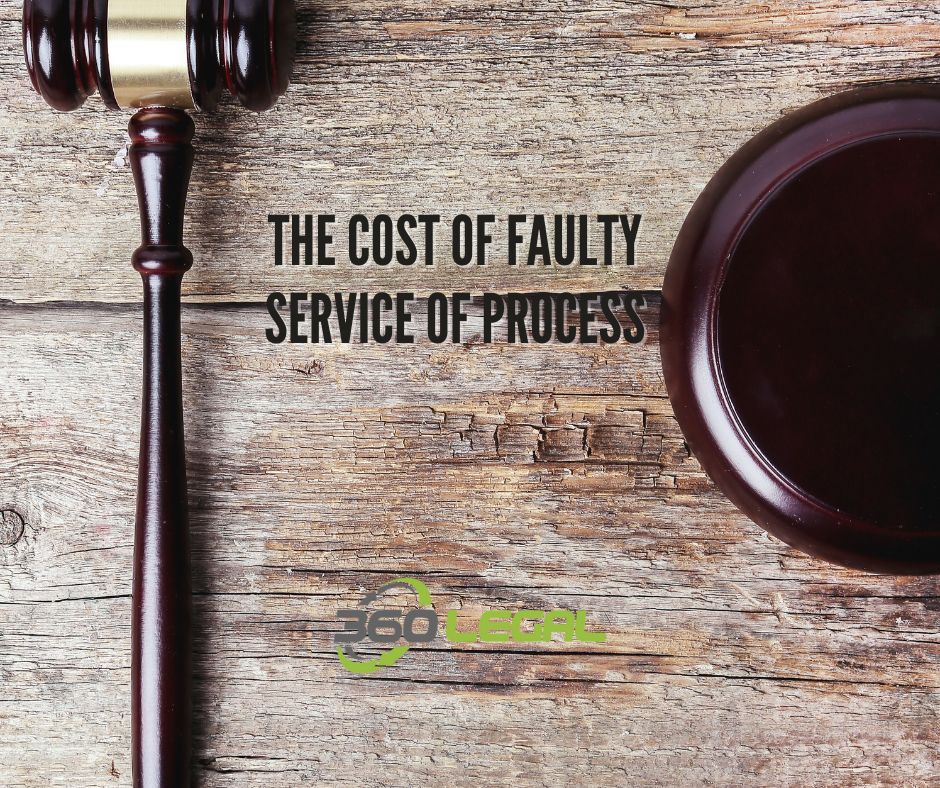Testing RSS Feeds.. ignore post.
Testing RSS Feeds.. ignore post.
The Cost of Faulty Service of Process

The Cost of Faulty Service of Process
On May 11, a defendant collection attorney (defendant) filed a petition to dismiss an FDCPA lawsuit, which the court partially granted and partially denied. The defendant was recruited by the creditor to initiate a collection litigation after the plaintiff missed a payment, according to the memorandum opinion and order. Despite the fact that the defendant filed a request for default judgment and a motion for attorney’s fees, which the plaintiff was not served with, the defendant still responded to the lawsuit. The plaintiff objected to the defendant’s attempt to have his employer deduct money from his earnings. The state court reviewed the case, nullified the default ruling, and mandated arbitration between the parties. The collection lawsuit was ultimately thrown out without a trial. In the current phase of the case, the plaintiff is suing the defendant, alleging that by improperly requesting default judgment, failing to serve the motion for default judgment, opposing his wage garnishment challenge, and requesting dishonest attorney’s fees, he violated the Fair Debt Collection Practices Act (FDCPA). The defendant’s request to dismiss the claim for attorney fees and the clauses relating to wage garnishment was granted by the district court. The district court, however, turned down the petition to dismiss in light of the accusations involving the filing of the default judgment and the failure to serve. The defendant’s request for default judgment, according to the district court, “was more than a ‘procedural mishap’—it was a ‘false, fraudulent, or misleading representation in connection with the collection of any obligation’ that seems to have resulted in a flawed default judgment being recorded.”
T: +1 (888) 360-legl (5345)
@: info@360legal.net
Author
We are Social!
Latest tweets
Popular Tags
Testimonials
"5 star service ! prompt serving, helpful, professional . "
"Mike is awesome. Our firm has hired him on several occasions and we are very happy with his work. His prompt serving, helpful, professional and always in communication. I recommend him highly! "
"360Legal provides speedy and easy to use Process Service that is flexible, and very transparent with nearly instant reporting. It is very helpful for us to be able to track the status of our process service jobs, especially when they are time sensitive. "
Latest News
-

RMAI 2021 Annual Conference RMAI Annual Conference
April 12-15, 2021 -

NATIONAL CREDITORS BAR ASSOCIATION 2020 SPRING CONFERENCE
May 19-21, 2021 -

ALFN ANSWERS 2021
Jul 18-21, 2021 -

Annual Convention and Expo
Oct. 17-21, 2021 -

Florida Association of Professional Process Servers 33rd Quarter Board Meeting/Professional Beach Getaway
Aug. 20-22, 2021












